
- This event has passed.
December 18, 2024
A Transformative Conversation on Moral Economies
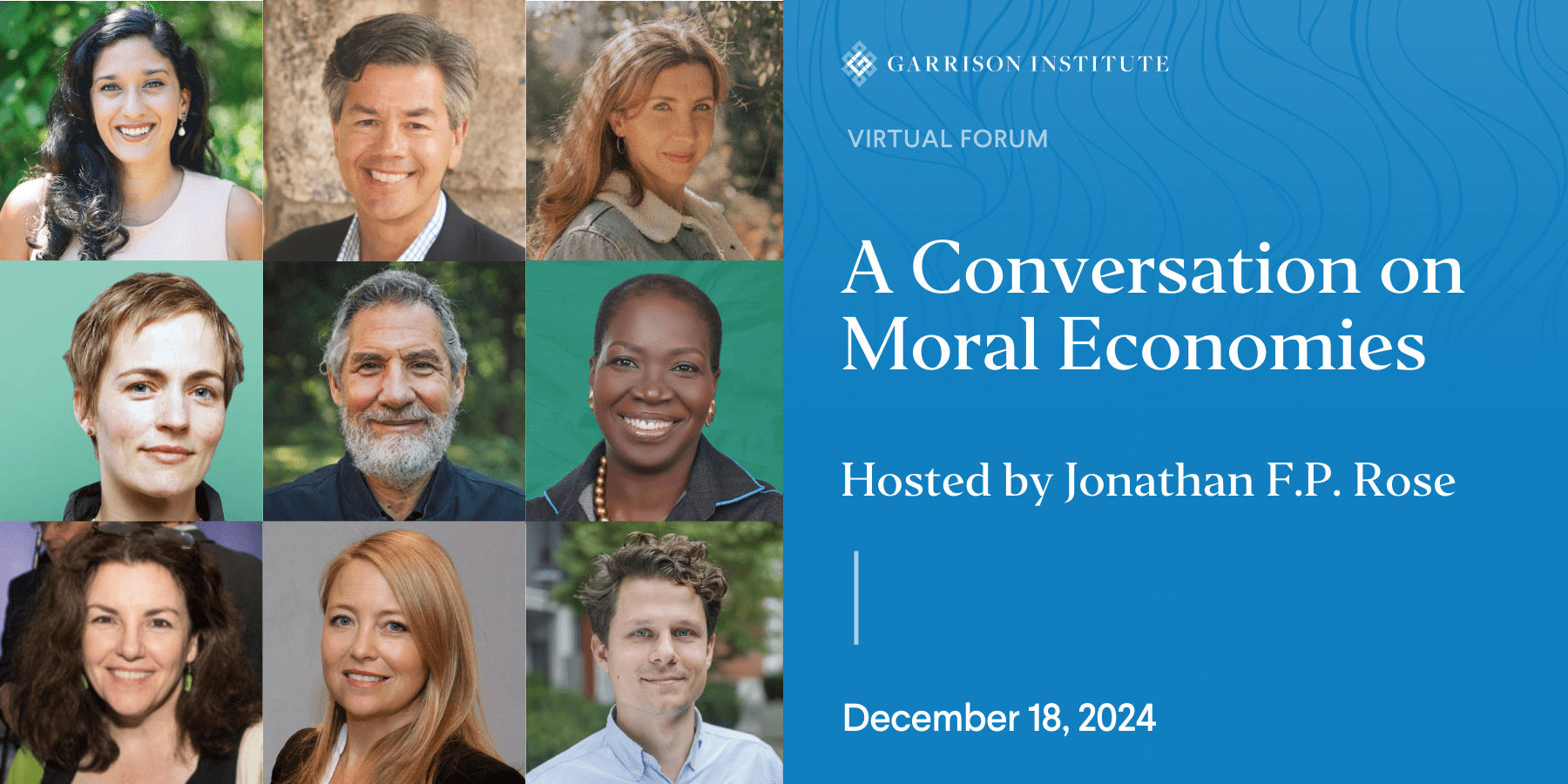
The Garrison Institute’s online forum “A Transformative Conversation on Moral Economies” took place on December 18, 2024. The session offered a unique opportunity to engage with cutting-edge perspectives on the intersection of economy, ecology, and ethics. This event is part of the Garrison Institute’s continued work to amplify, map, and connect efforts in the growing field of moral economics.
Visit our events calendar to learn about all upcoming programs and subscribe to our mailing list for the latest news and event details.
Watch the video
Event description and speakers
Our economy is many things: extractive, inequitable, unsustainable. An emerging field, moral economics seeks to redefine what economies can be if they are centered on flourishing, equity, sustainability, and interconnection. Moral economics theories go by many names; Conscious Capitalism, Regenerative Capitalism, Catalytic Capital, Collaborative Ownership, Reparations Finance, Pre-Distribution, Impact Investing, and more.
Part of Garrison Institute’s continued work to advance and support the growing field of moral economics, this session will offer a unique opportunity to engage with cutting-edge perspectives on the intersection of economy, ecology, and ethics in support of Garrison Institute’s continued work to amplify, map, and connect efforts in the growing field of moral economics.
Panelists and presenters include Amanda Janoo, Economics and Policy Lead for the Wellbeing Economy Alliance (WEALL); John Fullerton, chairman of New Day Enterprises, PBC and co-founder of Grasslands, LLC; Samantha Power, co-founder and director of the BioFi Project and founder and principal consultant of finance for Gaia; Enith Williams, managing director of the Reparations Finance Lab and an advisor to 17 Asset Management; Anna Muoio, founder of The Theory of We; Dominic Hofstetter, space building lead for the TransCap Initiative; Justin Winters co-founder and executive director of One Earth; and Liz Grant, the assistant principal and director of the Global Health Academy at the University of Edinburgh.
About the Moral Economies Project
The Garrison Institute’s Moral Economies Project brings together thought leaders to identify the common elements among global transformative initiatives to chart new pathways toward a more just, regenerative, and sustainable future.
Why attend?
- Discover groundbreaking work at the intersection of economics and wellbeing
- Join a network of changemakers and thinkers with powerful new ideas and applications of contemplative wisdom to finance, equity, and system design
- Explore how diverse economic models can coalesce to create lasting, sustainable change
- Gain insight into the Garrison Institute’s efforts to map and build a cohesive field around moral economies
Event details
Online, 12:00-2:30 p.m. ET on Wednesday, December 18, 2024. After registering, you will receive a Zoom link to join the session. For more information, please email events@garrisoninstitute.org.
Registration is free (donation encouraged)
To register, complete and submit the form at the bottom of this page.
Learn more about the presenters and panelists
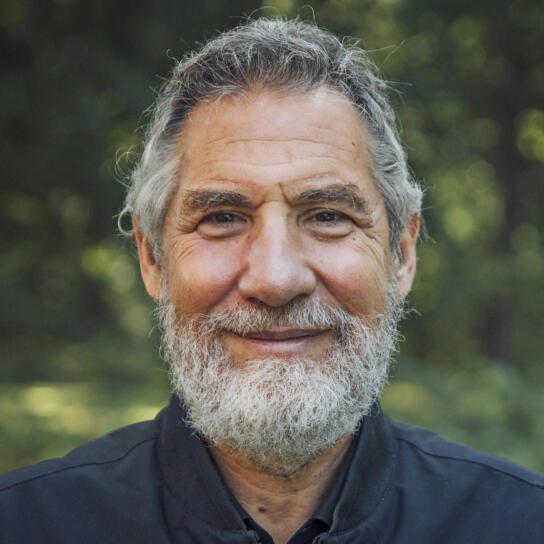 Jonathan F.P. Rose is a noted global expert in sustainable development and regenerative communities. He is Co-Founder and Board Chair for The Garrison Institute, and Founder and President of Jonathan Rose Companies, a mission-driven company focused on enhancing the health and wellness of its residents with green, energy-efficient property improvements and through its Communities of Opportunities programming.
Jonathan F.P. Rose is a noted global expert in sustainable development and regenerative communities. He is Co-Founder and Board Chair for The Garrison Institute, and Founder and President of Jonathan Rose Companies, a mission-driven company focused on enhancing the health and wellness of its residents with green, energy-efficient property improvements and through its Communities of Opportunities programming.
Amanda Janoo WEAll
Reimagining Economies for Wellbeing at the Country Level
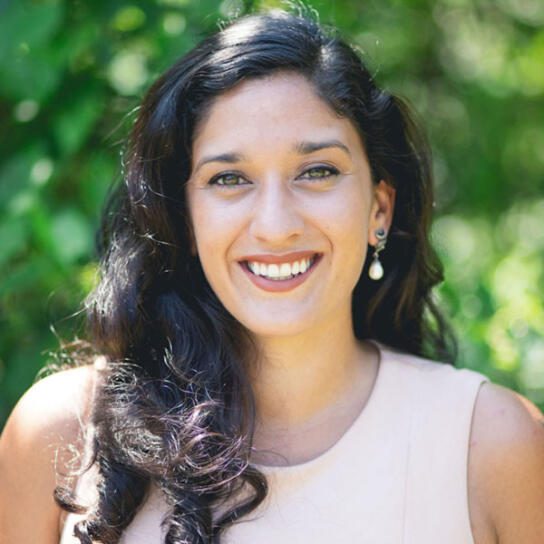 Amanda Janoo is the Economics and Policy Lead for the Wellbeing Economy Alliance (WEALL). Amanda is an economic policy and systems change expert with over a decade of experience working with governments and international development institutions around the world. Her work aims to build just and sustainable economies through wellbeing-oriented and participatory policy design processes. Prior to joining WEAll, Amanda worked for the United Nations and the African Development Bank as an industrial policy and structural transformation expert.
Amanda Janoo is the Economics and Policy Lead for the Wellbeing Economy Alliance (WEALL). Amanda is an economic policy and systems change expert with over a decade of experience working with governments and international development institutions around the world. Her work aims to build just and sustainable economies through wellbeing-oriented and participatory policy design processes. Prior to joining WEAll, Amanda worked for the United Nations and the African Development Bank as an industrial policy and structural transformation expert.
John Fullerton Regenerative Capital
Re-imagining the Economic System as an Ecology
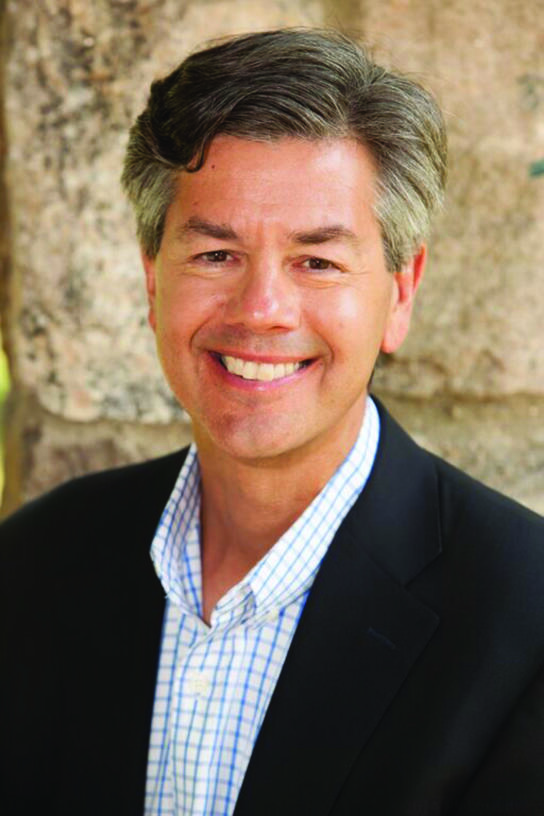 John Fullerton is an unconventional economist, impact investor, writer, and some have said, philosopher. His life’s work crystallized with the creation of the Capital Institute in 2010. Capital Institute is dedicated to the bold reimagination of economics and finance in service to life. A committed impact investor, John is the Chairman of New Day Enterprises, PBC, the co-founder of Grasslands, LLC, and a board member of the Savory Institute, and Stone Acres Farm, and is an advisor to numerous sustainability initiatives.
John Fullerton is an unconventional economist, impact investor, writer, and some have said, philosopher. His life’s work crystallized with the creation of the Capital Institute in 2010. Capital Institute is dedicated to the bold reimagination of economics and finance in service to life. A committed impact investor, John is the Chairman of New Day Enterprises, PBC, the co-founder of Grasslands, LLC, and a board member of the Savory Institute, and Stone Acres Farm, and is an advisor to numerous sustainability initiatives.
Samantha Power Bioregional Finance
Economies that Connect People, Ecologies, and Place
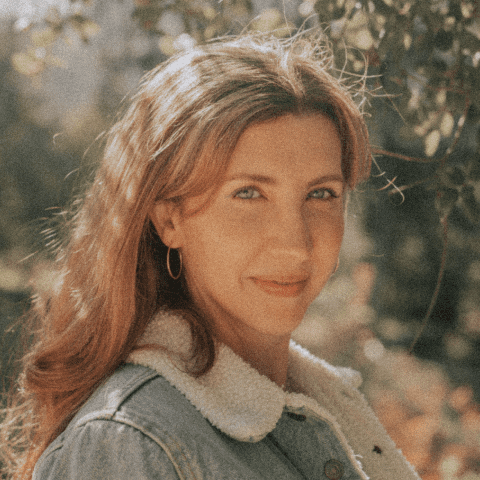 Samantha Power is a Co-Founder and the Director of the BioFi Project and the Founder and Principal Consultant of Finance for Gaia. She is a Regenerative Economist, Futurist, and Bioregionalist based in Oakland, CA on the ancestral land of the Ohlone people. Samantha believes we need to build a new layer in the global financial architecture to halt the sixth mass extinction and she is dedicating her life to doing just that. For 15 years now, Samantha has been asking “How do we change where money is flowing so that it supports, rather than destroys, life?”
Samantha Power is a Co-Founder and the Director of the BioFi Project and the Founder and Principal Consultant of Finance for Gaia. She is a Regenerative Economist, Futurist, and Bioregionalist based in Oakland, CA on the ancestral land of the Ohlone people. Samantha believes we need to build a new layer in the global financial architecture to halt the sixth mass extinction and she is dedicating her life to doing just that. For 15 years now, Samantha has been asking “How do we change where money is flowing so that it supports, rather than destroys, life?”
Enith Williams Reparations Finance Lab
Reparations Finance
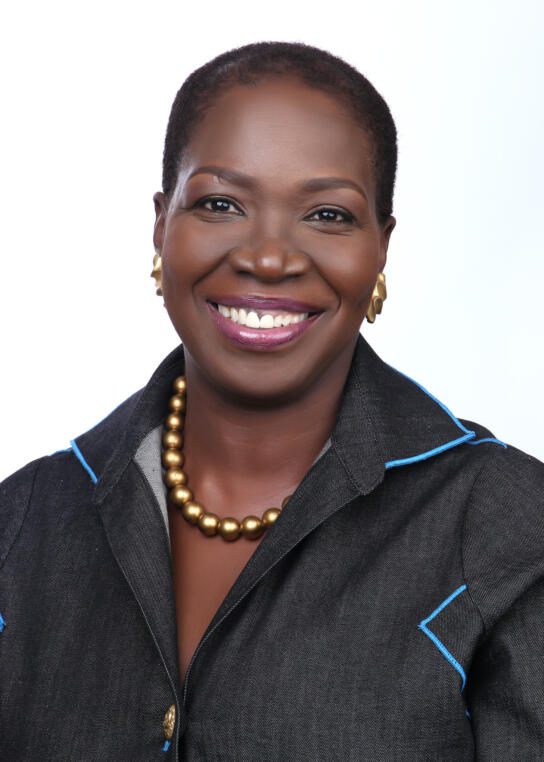 Enith Williams is the Managing Director of the Reparations Finance Lab and an advisor to 17 Asset Management. Her career spans international economic and social development, including senior banking roles with Merrill Lynch and work with the Jamaican government. Earlier in her career, she was a program associate with the Edna McConnell Clark Foundation and later contributed to the New York City Housing Partnership’s economic revitalization efforts. She is the Founder of the Downtown Kingston Music Theatre, which engages youth through musical theatre.
Enith Williams is the Managing Director of the Reparations Finance Lab and an advisor to 17 Asset Management. Her career spans international economic and social development, including senior banking roles with Merrill Lynch and work with the Jamaican government. Earlier in her career, she was a program associate with the Edna McConnell Clark Foundation and later contributed to the New York City Housing Partnership’s economic revitalization efforts. She is the Founder of the Downtown Kingston Music Theatre, which engages youth through musical theatre.
Anna Muoio New Capitalism
A View of the Emerging Field
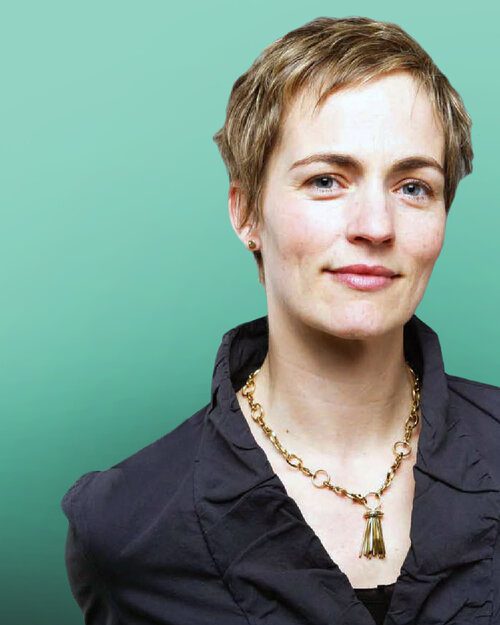 Anna Muoio is a social impact leader and system change strategist. As Founder of The Theory of We, she continues her work helping groups build shared strategies, coordinate action and shift systems, aligned behind a shared vision for what’s possible and a smart plan for moving towards it. Since 2020, Anna has been the Lead for the New Capitalism Project (NCP), a system change effort to reimagine capitalism by shifting the norms, behaviors, rules and practices of business and financial sector leaders.
Anna Muoio is a social impact leader and system change strategist. As Founder of The Theory of We, she continues her work helping groups build shared strategies, coordinate action and shift systems, aligned behind a shared vision for what’s possible and a smart plan for moving towards it. Since 2020, Anna has been the Lead for the New Capitalism Project (NCP), a system change effort to reimagine capitalism by shifting the norms, behaviors, rules and practices of business and financial sector leaders.
Dominic Hofstetter Trans Cap
Systems Change Investing
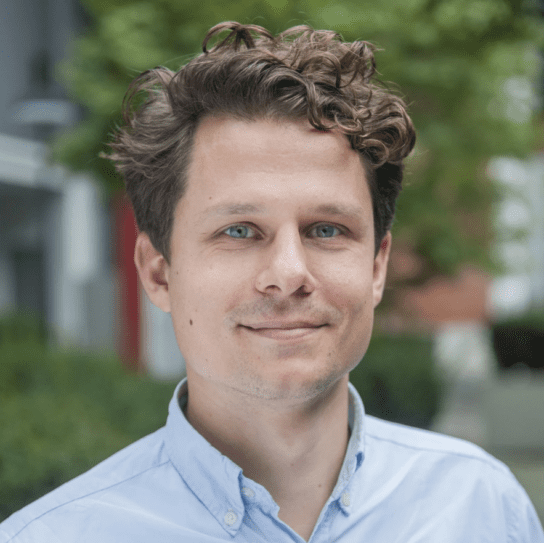 Dominic Hofstetter is the Space Building Lead of the TransCap Initiative. He initiated and incubated the TransCap Initiative when he was the Director of Capital and Investments at EIT Climate-KIC, Europe’s largest climate innovation initiative, where he was responsible for building the organization’s nascent investment function.
Dominic Hofstetter is the Space Building Lead of the TransCap Initiative. He initiated and incubated the TransCap Initiative when he was the Director of Capital and Investments at EIT Climate-KIC, Europe’s largest climate innovation initiative, where he was responsible for building the organization’s nascent investment function.
Justin Winters One Earth
Climate Solutions Opportunity Roadmap: a collaboration between One Earth and Vibrant Data Labs
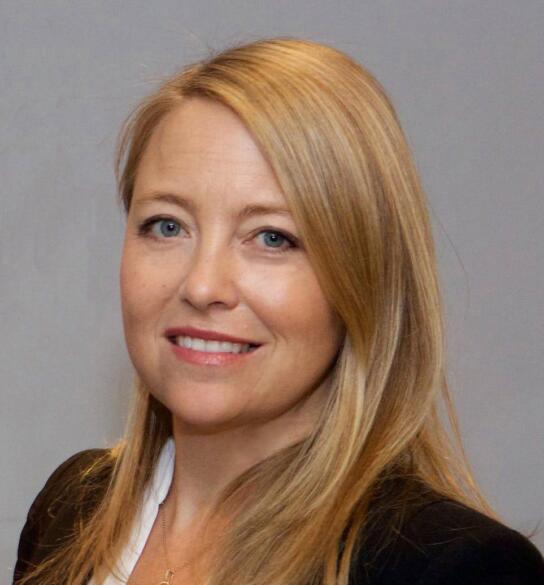 Justin Winters is committed to democratizing climate philanthropy in order to create an inclusive and impactful movement to address the climate crisis from the ground up. She is the Co-Founder and Executive Director of One Earth, a philanthropic organization working to galvanize science, advocacy and philanthropy to drive collective action on climate change. Through One Earth, she is focused on creating a vision for the world that is possible by 2050 – one in which humanity and nature coexist and thrive together.
Justin Winters is committed to democratizing climate philanthropy in order to create an inclusive and impactful movement to address the climate crisis from the ground up. She is the Co-Founder and Executive Director of One Earth, a philanthropic organization working to galvanize science, advocacy and philanthropy to drive collective action on climate change. Through One Earth, she is focused on creating a vision for the world that is possible by 2050 – one in which humanity and nature coexist and thrive together.
Liz Grant Compassion Initiative
Economics and Compassion
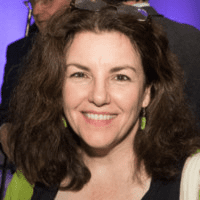 Liz Grant is an Assistant Principal (Global Health) and Director of the Global Health Academy at the University of Edinburgh. She is responsible for developing and supporting global health partnerships with colleagues in low- and middle-income country (LMIC) communities, and for local and global advocacy translating global health research into action. Liz is a co-director of the University of Edinburgh’s Global Compassion Initiative.
Liz Grant is an Assistant Principal (Global Health) and Director of the Global Health Academy at the University of Edinburgh. She is responsible for developing and supporting global health partnerships with colleagues in low- and middle-income country (LMIC) communities, and for local and global advocacy translating global health research into action. Liz is a co-director of the University of Edinburgh’s Global Compassion Initiative.